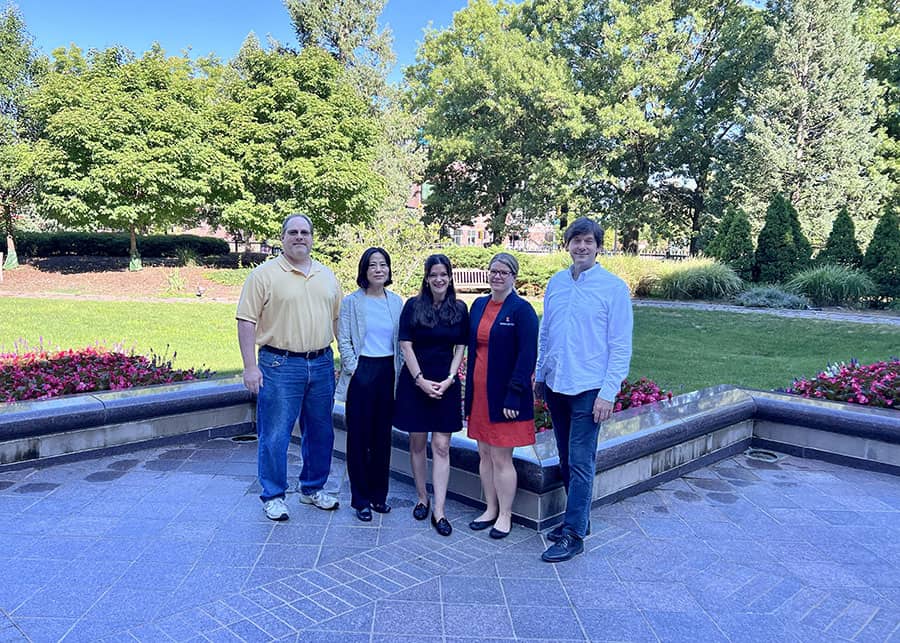Research project will make voice recognition tech more helpful for people with disabilities

Technology giants Amazon, Apple, Google, Meta, Microsoft, along with non-profit organisations, are teaming up with a US university to make voice recognition technology more useful for people with a range of diverse speech patterns and disabilities.
University of Illinois Urbana-Champaign (UIUC) launched the new Speech Accessibility Project yesterday (3 October 2022). It says that people with disabilities and diverse speech patterns will benefit from this technology-focused accessibility initiative.
“The option to communicate and operate devices with speech is crucial for anyone interacting with technology or the digital economy today,” said Mark Hasegawa-Johnson, the UIUC professor of electrical and computer engineering leading the project. “Speech interfaces should be available to everybody, and that includes people with disabilities.
“This task has been difficult because it requires a lot of infrastructure, ideally the kind that can be supported by leading technology companies, so we’ve created a uniquely interdisciplinary team with expertise in linguistics, speech, AI, security and privacy to help us meet this important challenge.”
Currently, many speech recognition systems cannot recognise people with a diversity of speech patterns often associated with disabilities, according to the university. Disabilities that can impact speech include Parkinson’s, cerebral palsy, Lou Gehrig’s disease, Amyotrophic Lateral Sclerosis (ALS), and Down’s syndrome.
Many of these individuals may not be able to use and benefit from voice recognition technologies like voice assistants and translation software.
With AI and machine learning, technology companies can address the need for more inclusive speech recognition.
To support this goal, the Speech Accessibility Project will collect speech samples from individuals representing a diversity of speech patterns. UIUC researchers will recruit paid volunteers to contribute recorded voice samples and will create a private, de-identified dataset that can be used to train machine learning models to better understand a wide variety of speech patterns. The Speech Accessibility Project will focus first on American English.
In addition to Mark, the Speech Accessibility Project team includes Heejin Kim, a research professor in linguistics, and Clarion Mendes, a clinical professor in speech and hearing science and a speech-language pathologist.
The team further includes several staff members from UIUC’s Beckman Institute for Advanced Science and Technology, including information technology professionals who will build a secure repository for the de-identified speech samples.
Community-based organisations Davis Phinney Foundation and Team Gleason have already pledged support for the project.
“The Davis Phinney Foundation’s mission is to help people with Parkinson’s live well today,” commented David Phinney Foundation’s executive director Polly Dawkins. “Part of that commitment includes ensuring people with Parkinson’s have access to the tools, technologies, and resources needed to live their best lives.
“Parkinson’s affects motor symptoms, making typing difficult, so speech recognition is a critical tool for communication and expression. We are thrilled to partner with this team to ensure that this effort can benefit our community.”
Team Gleason, which serves the ALS community through a broad range of programming, assistive technology, equipment, and robust support services, shares a similar goal of expanding the usefulness of speech recognition tools.
“Team Gleason strives each day to provide the best available assistive technology for the ALS community while simultaneously exploring ways to advance future solutions,” said Blair Casey, executive director for Team Gleason. “Technology has the ability to overcome communication barriers and increase independence. Team Gleason is proud to help accelerate this effort for people living with ALS and anyone else with speech differences.”
Community organisations will assist in participant recruitment and user testing, as well as provide feedback at various stages of the project.

